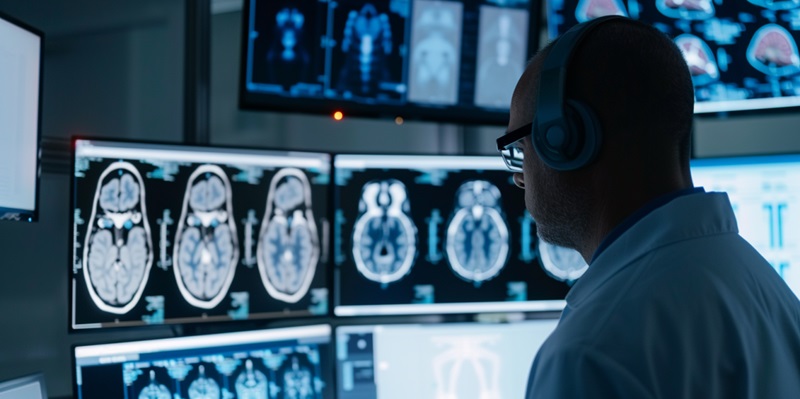Artificial Intelligence (AI) stands poised to revolutionize healthcare as we know it, particularly in bridging the health equity gap. This technological leap is anchored in the promise of comprehensive SDOH (Social Determinants of Health) analysis. These determinants, including factors like socioeconomic status, education, and neighborhood conditions, have long been recognized for their profound impact on health outcomes. By integrating AI algorithms to sift through vast datasets, professionals could implement highly targeted interventions that don’t merely skim the surface but delve into the root causes that perpetuate health disparities.
Traditionally, healthcare analytics have struggled to fully encapsulate the nuanced contributions of SDOH to patient well-being. However, with AI’s arrival, the potential is expanding. Advanced machine learning models are now able to trawl through mounds of unstructured data from electronic health records, identifying social and environmental indicators often overlooked by human analysts. This pivotal shift could enable healthcare providers to strategize more efficient, personalized care paths, ensuring that social care interventions are as prioritized as medical treatments, thus moving the needle toward more equitable health outcomes.
Confronting Challenges in AI-Driven Health Equity
The promise of AI in healthcare is tempered by real concerns about fairness and bias. If not handled with care, AI can perpetuate existing inequalities in health outcomes. It’s critical to develop these systems with transparency and to include diverse datasets to reflect the full spectrum of patient populations. Additionally, ethical issues around patient data consent and privacy must be rigorously addressed. The dual potential of AI to both improve health equity and, conversely, fuel disparities necessitates a commitment to ethical AI practices. This includes fostering diversity in training data, ensuring privacy, and managing consent with great care. Striking the right balance is essential, underscoring the need for strict ethical guidelines in AI development for healthcare, in order to fully realize its transformative potential without reinforcing negative biases.

